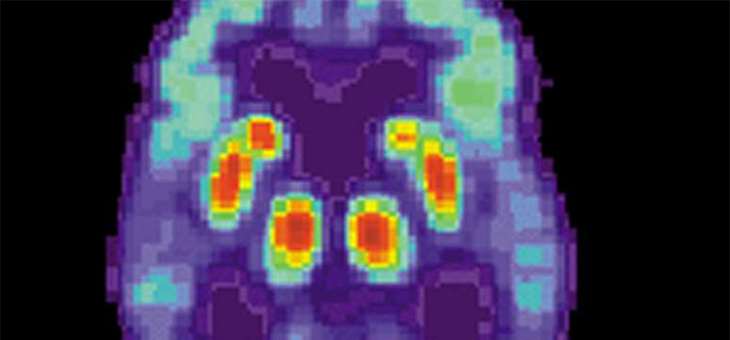A drug which has been used to treat liver disease for decades could help to restore cells damaged by Alzheimer’s, according to a new study.
The University of Sheffield study discovered the drug ursodeoxycholic acid (UDCA) improves mitochondrial dysfunction – which is known to be a causative factor for both sporadic and familial Alzheimer’s disease.
Alzheimer’s disease is the most common type of dementia.
It affects around 46.8 million people worldwide and is characterised by progressive memory loss, difficulties with problem-solving, and disorientation, among other symptoms.
Mitochondria play a key role in brain cell survival, regulating energy and acting as the battery for brain cells.
Mitochondrial abnormalities have been found in many different cells from people with Alzheimer’s. It is thought they are one of the earliest changes to occur in the brain cells, perhaps even before symptoms are reported by people living with the disease.
The University of Sheffield’s Dr Heather Mortiboys was excited about what the UDCA discovery meant for the future treatment of Alzheimer’s.
“For the first time in actual Alzheimer’s patient tissue, this study has shown that the drug UDCA acid can boost the performance of the cells’ batteries, the mitochondria,” Dr Mortiboys said.
“We also found that the drug, which is already in clinical use for liver disease, acts by changing the shape of the batteries which could tell us more about how other drugs can be beneficial in Alzheimer’s.
“Most importantly we found the drug to be active in cells from people with the most common type of the devastating disease – sporadic Alzheimer’s – which could mean it has potential for thousands of patients.
“As the drug is already in clinical use for liver disease, this speeds up the potential time it could take to get this drug to the clinic for patients.”
The next steps could include studies in patient-derived neurons to check for protective effects or, as others have already shown UDCA to be protective in animal models of Alzheimer’s disease, steps could be taken to move UDCA to clinical trials.
Related articles:
Stroke can double dementia risk
Tips for coping with ‘sundowning’
The dangers of not eating fish
Disclaimer: This article contains general information about health issues and is not advice. For health advice, consult your medical practitioner.

